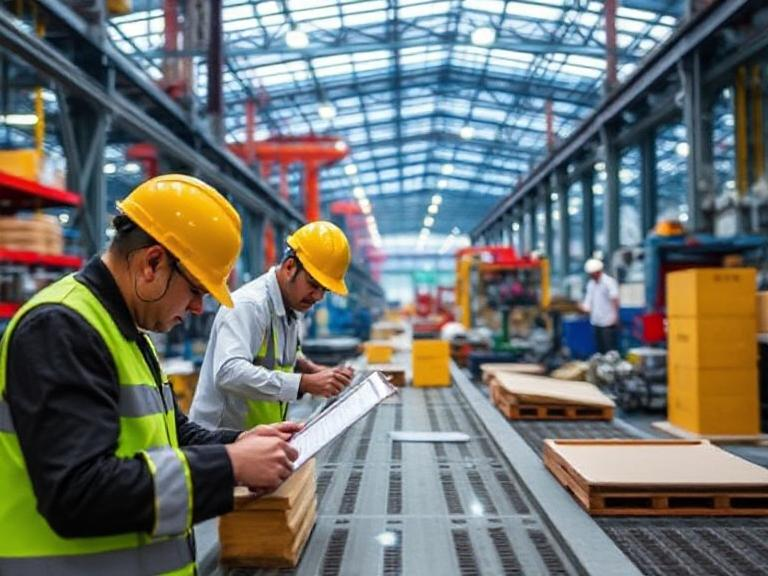Introduction
Indonesia’s manufacturing sector has been a driving force behind its economic growth, positioning the country as a key player in global supply chains. With advancements in technology, evolving trade policies, and increased foreign investments, the future of Indonesian manufacturing looks promising. This article explores expert insights and predictions for the industry, highlighting opportunities and challenges while discussing the role of
India agents in enhancing trade collaborations.
The Current State of Indonesia’s Manufacturing Sector
Indonesia is home to a diverse manufacturing ecosystem, covering industries such as textiles, automotive, electronics, and consumer goods. Key factors contributing to its growth include:
- Strong domestic demand for locally manufactured products.
- Foreign direct investment (FDI) from countries like China, Japan, and India.
- Government initiatives such as “Making Indonesia 4.0” to promote industrial digitization.
- Strategic geographic location, making it a hub for exports to Asia and beyond.
Expert Predictions for the Future of Manufacturing in Indonesia
1. Rapid Digital Transformation
Experts predict that the adoption of Industry 4.0 technologies such as automation, AI, and IoT will reshape Indonesia’s manufacturing landscape. This shift will improve efficiency, reduce production costs, and enhance product quality.
2. Increase in Foreign Investment and Partnerships
With its cost-effective labor force and improving infrastructure, Indonesia is expected to attract more foreign investors. Collaborations with
India agents will further strengthen supply chain operations and boost trade between the two countries.
3. Growth of Sustainable and Green Manufacturing
The push for eco-friendly practices will lead to increased investments in sustainable production methods, including energy-efficient factories and waste reduction initiatives.
4. Expansion of the Automotive and Electronics Sectors
Indonesia is emerging as a major player in electric vehicle (EV) production, with global manufacturers investing in battery and component production. The electronics sector is also witnessing steady growth due to rising demand for consumer and industrial electronics.
5. Stronger Regional Trade Ties
Trade agreements such as the Regional Comprehensive Economic Partnership (RCEP) will provide Indonesian manufacturers with broader market access.
India agents will play a crucial role in facilitating cross-border trade and sourcing operations.
The Role of India Agents in Indonesia’s Manufacturing Growth
India has a long-standing trade relationship with Indonesia, and
India agents are instrumental in connecting businesses from both countries. Their contributions include:
- Supplier Identification: Finding reliable manufacturing partners in Indonesia for Indian businesses.
- Quality Assurance: Ensuring compliance with international standards.
- Cost Optimization: Negotiating better pricing and sourcing raw materials at competitive rates.
- Logistics Support: Handling shipping, customs, and inventory management for smoother trade operations.
Challenges and How to Overcome Them
Despite its promising future, Indonesia’s manufacturing sector faces challenges such as:
- Supply chain disruptions due to global uncertainties.
- Workforce upskilling to meet Industry 4.0 demands.
- Regulatory compliance and bureaucracy slowing down processes.
By leveraging the expertise of sourcing professionals and
India agents, businesses can mitigate risks, optimize operations, and navigate these challenges effectively.
Conclusion
Indonesia’s manufacturing sector is poised for significant growth, driven by technology, sustainability, and foreign investments. Businesses looking to tap into this market should consider strategic partnerships with
India agents to enhance supply chain efficiency and maximize opportunities. With expert insights guiding the way, the future of Indonesian manufacturing looks brighter than ever
